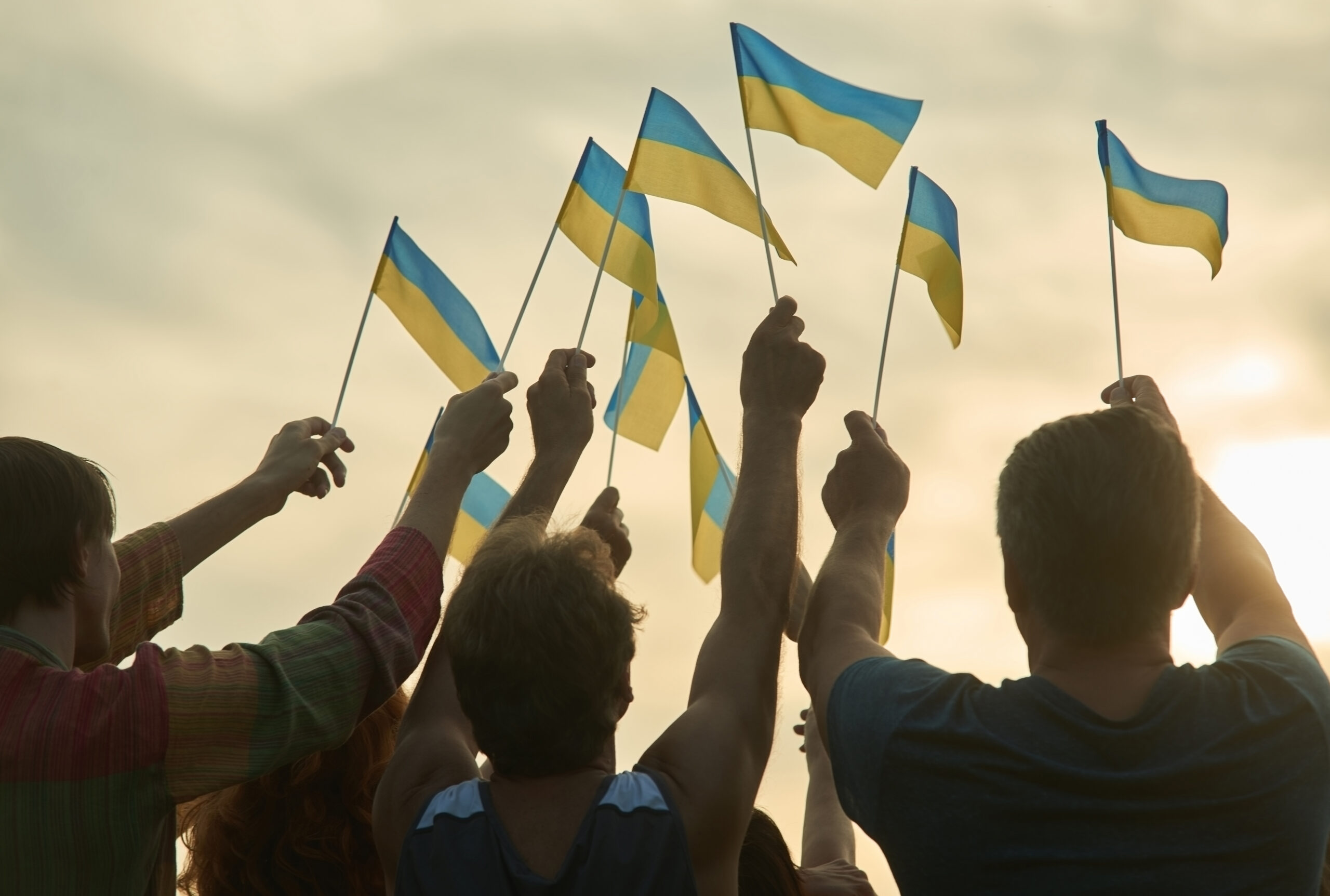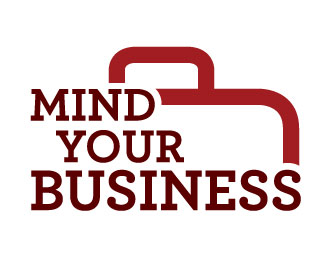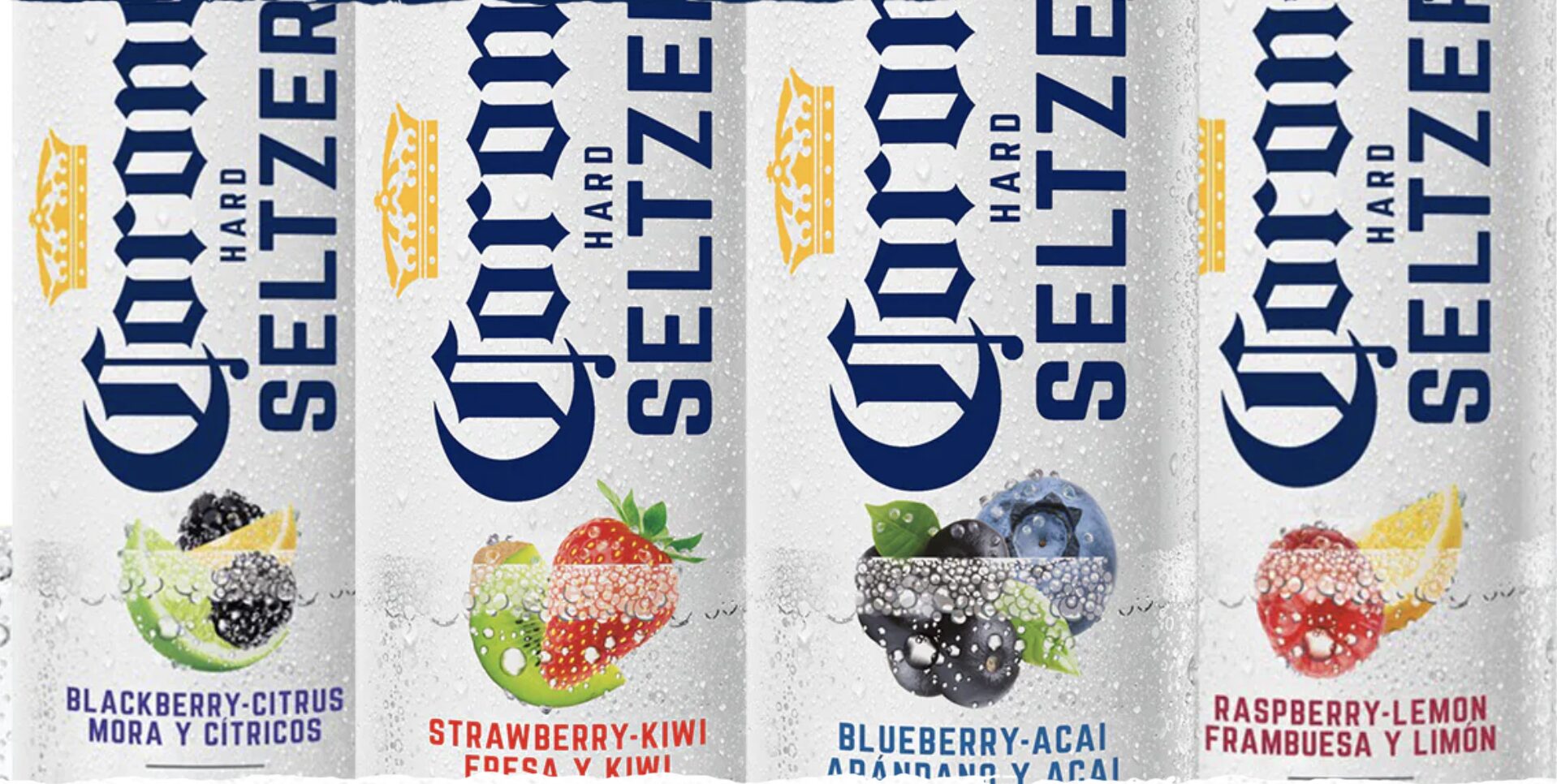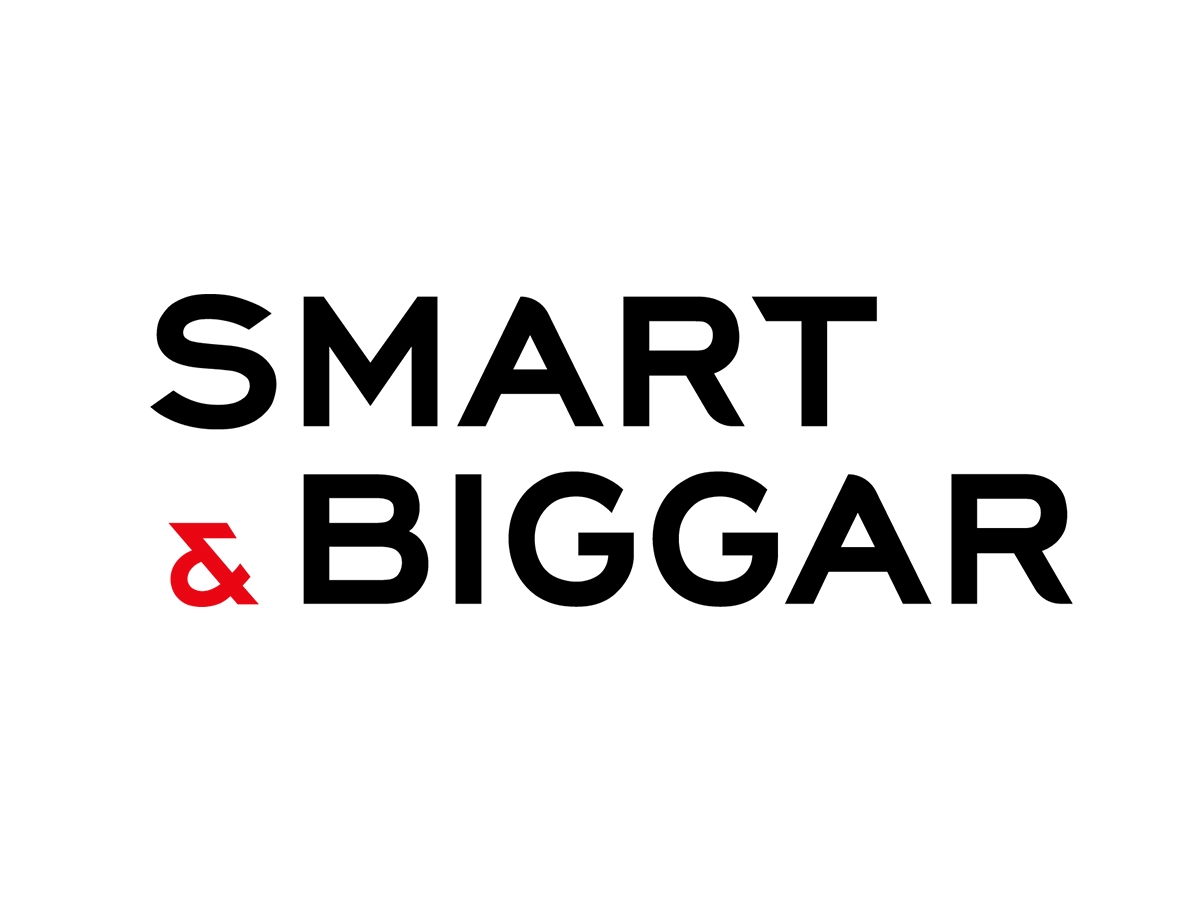Looking to the IP Register to Predict Foreign Companies’ Confidence in Ukraine’s Future
“Those who decide to remain in the Ukrainian market after the war should carefully monitor the timing of the end of martial law so as not to lose rights to their trademarks.”
A company’s trademark activity is a very telling indicator of whether it is interested in a particular country’s or region’s market.
Often, a national intellectual property (IP) office or the World Intellectual Property Organization (WIPO) IP registry can speak loudest about a company’s true intentions.
Russia’s full-scale invasion of Ukraine began on February 24, 2022. It is instructive to examine how foreign companies behaved with respect to IP registration and renewal in Ukraine to predict how they view business prospects in Ukraine going forward.
The bulk of the data below was obtained from the Ukrainian IP Office database.
What the Numbers Say
At the end of 2021, there were more than 211,000 active trademarks in Ukraine. Of these, about 40% belonged to foreigners (the real figure is slightly less, since quite a few trademarks are registered with companies from offshore jurisdictions owned by Ukrainians).
Despite the fact that, according to the State Statistics Service of Ukraine, the United States is not among Ukraine’s top five largest trading partners, U.S. companies hold the largest share of foreign-owned brands in Ukraine. A quarter of trademarks owned by non-residents are owned by U.S. businesses.
2,067 trademarks owned by foreigners were renewed between February 24, 2022, and February 1, 2023. 4,914 were not.
Thus, the percentage of extensions since the beginning of the war was only 30%. The average renewal percentage in the world is approximately 80%.
The number of active trademarks submitted for registration via the Madrid Protocol indicating Ukraine also decreased by more than 2,000, to 140,000.
Among the U.S. companies that have the largest number of trademarks in Ukraine that were not renewed on time in 2022 or 2023, Johnson & Johnson and Nikken International turned out to be the leaders – 38 and 35 trademarks, respectively.
Also, many trademarks were not renewed by The Procter & Gamble Company (32), Merck Sharp & Dohme (29), American Norton Corporation (23), Colgate-Palmolive Company (20), Amvilab (12), Google Inc./LLC (11), General Motors (10). The American division of British American Tobacco (Brands), Inc. has 60 such registrations.
In total, there are more than 200 American companies and individuals on the list.
However, The Procter & Gamble Company, Colgate-Palmolive Company, and Johnson & Johnson have extended some of their trademarks.
Ukraine Trademark Rights Under Martial Law
It should be noted, however, that companies that did not renew their trademarks in time have not yet lost their rights to trademarks in Ukraine.
According to the law adopted at the beginning of the war, for the duration of the martial law regime, the terms for protection of IP rights are paused.
In case the beginning of the term for the renewal of a trademark certificate falls on the day of the introduction of martial law in Ukraine, or on another date during martial law, the action to extend the validity of the trademark certificate is considered to be completed on time if it is completed no later than 90 days from the day following the day of termination or cancellation of martial law.
IP rights that expire on the day of the introduction of martial law in Ukraine, or during martial law, remain in force until the day following the day of termination of martial law.
Ukraine provides a six-month grace period for extending the validity of a trademark if the owner did not request renewal before the expiration date.
Thus, since martial law was introduced in Ukraine on February 24, 2022, regardless of whether renewal fees were paid, trademark rights continue to be valid for marks with an expiration date after August 24, 2021.
For trademark registrations that expired between August 24, 2021, and February 23, 2022, there will be one day after the end of martial law to renew those rights if a renewal application was not previously submitted.
For trademarks that expired between February 24, 2022 and the end of martial law that have not been renewed, there will be three months to renew the trademark for the standard fee, and another three months to renew under the grace period (with a 50% increased fee). The Ukrainian IP Office may provide updated guidance on this point in the future.
Looking Forward
Despite the significant financial and military support of the United States and other NATO countries to Ukraine, the trademark activity of U.S. companies does not inspire confidence that an end to the war in Ukraine is coming soon.
Those who decide to remain in the Ukrainian market after the war should carefully monitor the timing of the end of martial law so as not to lose rights to their trademarks. And if the percentage of trademark renewals does not change in 2023, there will only be more such companies. In 2023, more than 3,600 trademark registrations of non-residents will expire, of which 700 are U.S brands.
Some U.S. companies, on the contrary, decided to extend their trademarks without waiting for the war. For example, Alticor, Inc. extended the rights for an additional 10 years for its 17 trademarks; Mars Inc. extended 21 marks, Mary Kay 19 and Unipharm Inc. 13. Starbucks Corporation, which does not have coffee shops in Ukraine, has nevertheless extended its six registered trademarks.
In general, interest in registering trademarks began to recover starting in May 2022. In March 2022, the number of applications for trademarks was only 33% of the volume as March 2021, but by the end of 2022 the percentage increased to 58%.
In terms of the number of patents entering into the national phase under the Patent Cooperation Treaty procedure, the volume at the end of 2022 decreased by only 4% compared with 2021, exceeding the pre-war figures for patent applications month-to-month in July 2022.
Thus, while some are pursuing an overly conservative policy regarding the protection of their IP rights in Ukraine by deciding to hold off on renewal, others have already begun to invest their resources without waiting for the end of the war.






